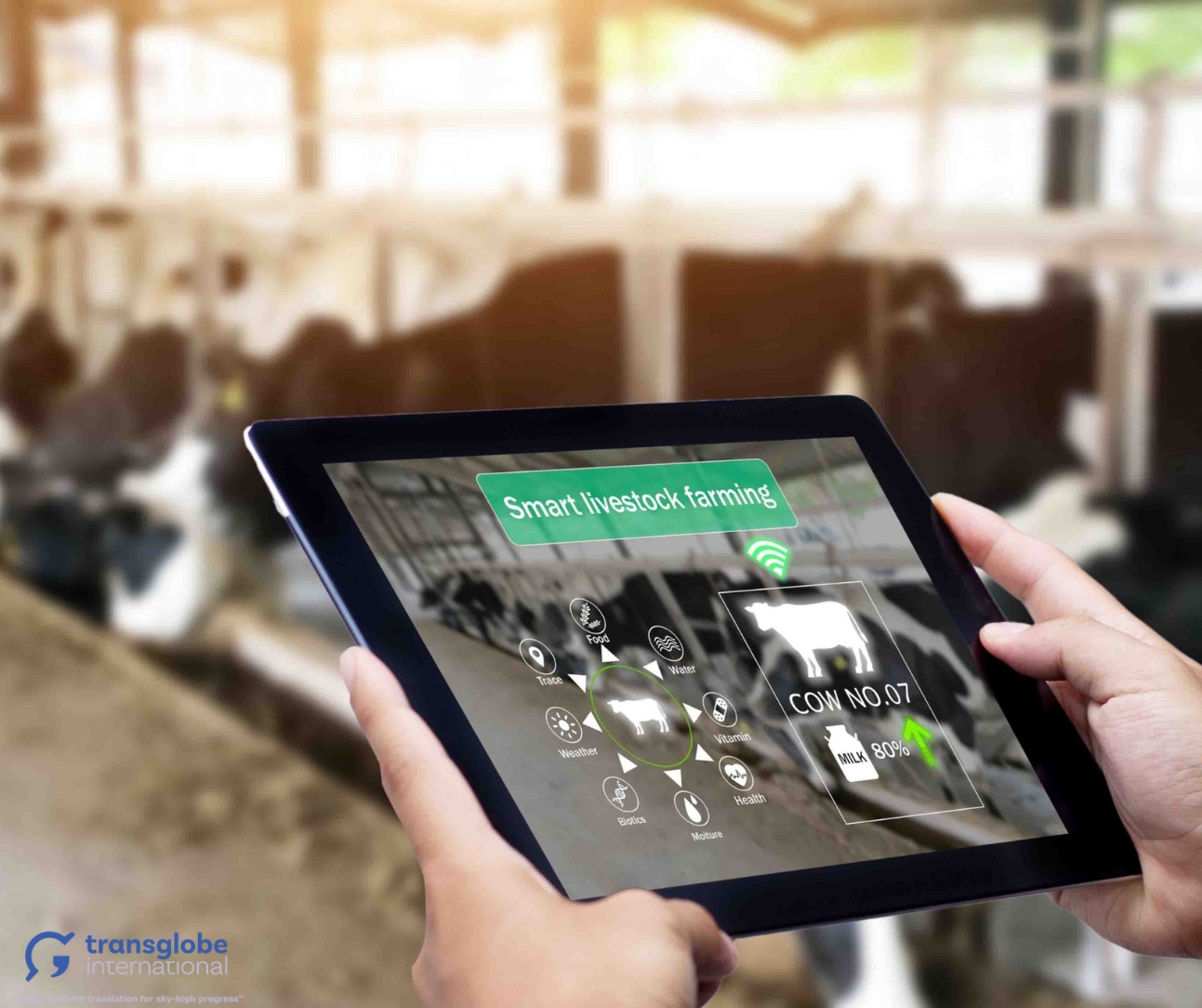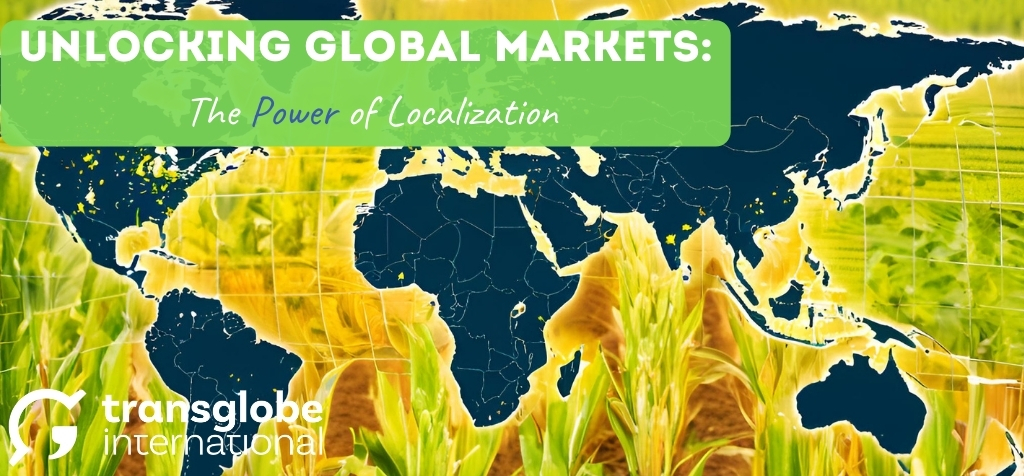Global Markets Entry and Its Challenges
In today’s interconnected world, businesses have unprecedented opportunities to expand their reach and tap into new markets across the globe. Imagine a groundbreaking precision system that could revolutionize farming practices and boost productivity, efficiency, and environmental stewardship. However, to unlock its full potential in global markets, this technology must adapt to the unique cultural, linguistic, and practical needs of its users. This scenario underscores the critical, yet often overlooked aspect of AgTech’s global success: effective localization.
Technology localization
Technology localization involves adapting agricultural technologies to the specific conditions of various regions, taking into account local climates, soil types, crops, and farming methods. For example, a precision irrigation system designed for the dry conditions of California would need significant adjustments to be effective in the humid tropics of Southeast Asia. Customizing technologies to local environments ensures optimal benefits and greater acceptance by farmers.
Culturally sensitive localization is equally important, as it refers to the process of adapting products, services, and content to meet the unique cultural and linguistic preferences of target markets. It goes beyond translation and includes elements such as language, imagery, symbols, and even the underlying values and beliefs, local farming practices, and agricultural knowledge of a particular culture.
Cultural nuances
One of the key reasons why culturally sensitive localization is paramount for AgTech companies is the diversity in agricultural practices, techniques and preferences, which vary significantly across regions and countries. Let’s imagine a company developing a technological solution to optimize water usage in agriculture. Their product may be highly effective in certain regions, but in other regions where farmers rely on irrigation methods passed down through generations, it might not resonate. By understanding and incorporating these cultural nuances during the localization process, AgTech solutions can be customized to align with local needs, fostering greater acceptance and success.
Linguistic subtleties
Another critical aspect of culturally sensitive localization is effective communication. Simply translating materials without considering cultural context can lead to misunderstandings or even appear as offensive. For instance, a company promoting soil analysis app may use images and analogies that are suitable for a Western context but may not resonate with farmers from other cultures. Moreover, if this software is only available in English, farmers in non-English-speaking regions might struggle to use it effectively. Incorporating local agricultural practices and localizing in culturally appropriate languages and visuals can establish trust with the target audience and enhance user-friendliness.

Standing out in the global market
Cultural sensitivity in localization is not just about avoiding pitfalls but also about embracing opportunities. By honing in on cultural and linguistic variations, AgTech companies can identify unique needs and preferences and differentiate themselves from competitors while establishing a strong foothold in new markets.
Collaboration
Investing in culturally sensitive localization requires a deep understanding of local markets and the willingness to adapt and learn. This process may involve conducting extensive market research, collaborating with local experts and agricultural organizations to gain insights into regional needs and preferences.
Continuous support & training
Even the most perfectly-localized technology requires farmers to understand and trust it. Continuous education programs, accessible in local languages, can help farmers stay updated on best practices and new advancements, ensuring optimal use of the technologies.
In conclusion, unlocking global markets for AgTech companies is not solely a matter of providing innovative solutions – it hinges on embracing and investing in culturally sensitive practices. By tailoring technology and communication to meet local preferences, AgTech solutions become more comprehensible and accessible to diverse farming communities, driving widespread adoption. This approach not only opens doors to new opportunities, but also fosters trust, credibility, and long-term success.
At TransGlobe International, we specialize in bridging cultural and linguistic gaps to help businesses succeed in diverse global markets. Our expertise in language localization ensures that your AgTech solutions will resonate with farmers around the world, fostering trust and driving adoption. Let us help you unlock the full potential of your innovations on a global scale and get in touch at am@transglobeinternational.com or via the button bellow!

